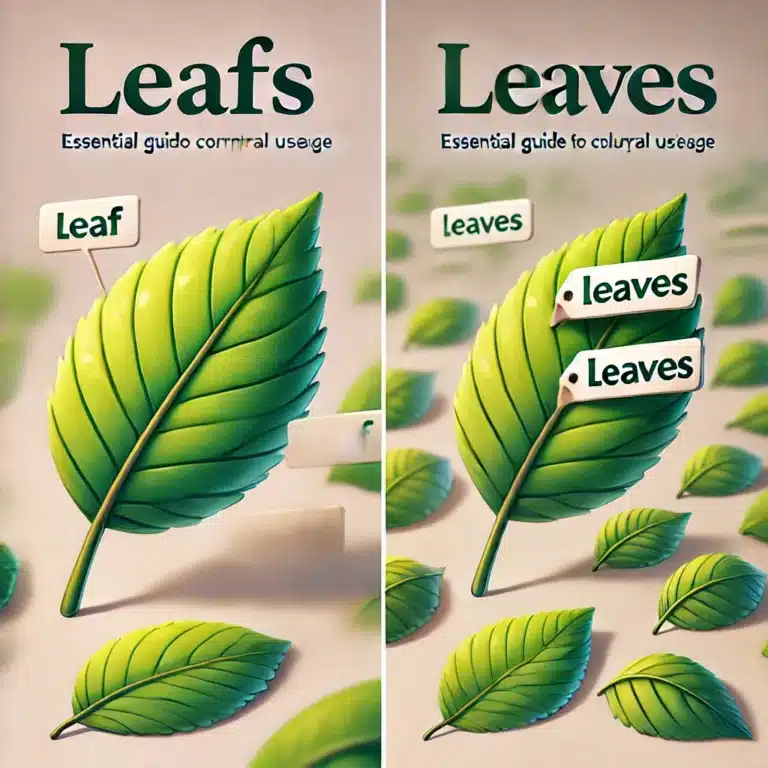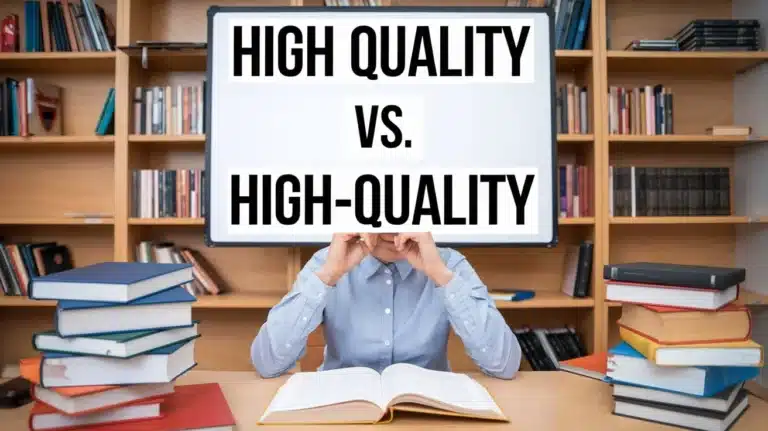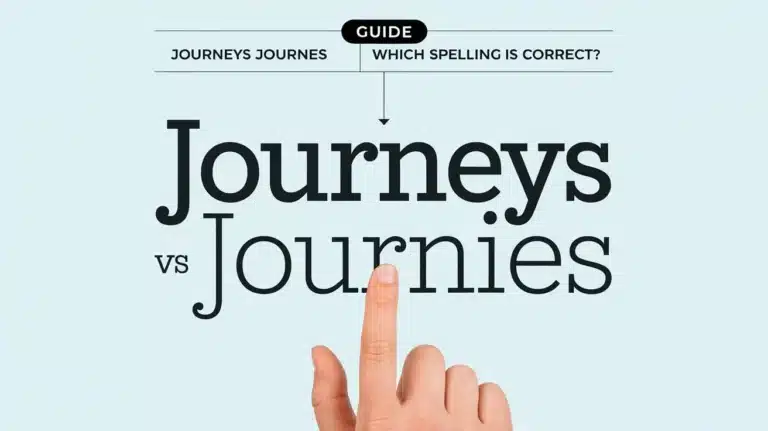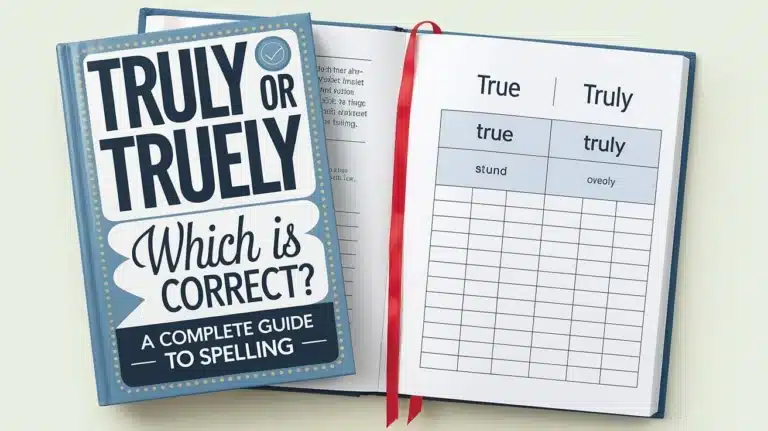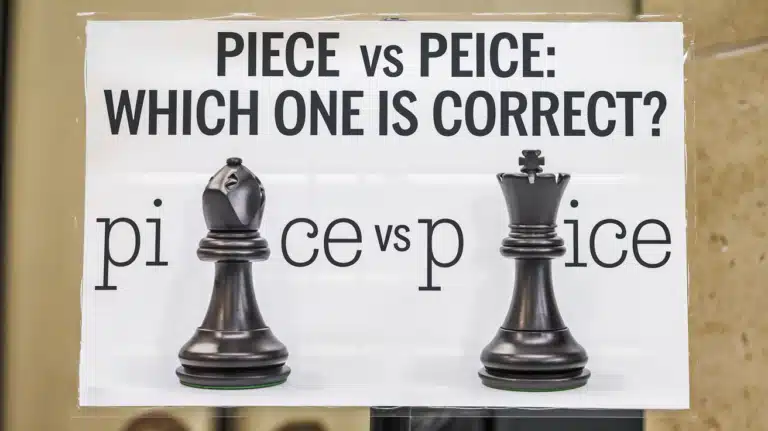Lier or Liar: What’s the Difference? Meaning & Correct Spelling
Lier and liar are two commonly confused words in English, each with a unique meaning and usage. Lier refers to someone lying in a horizontal position or lying prostrate, while liar is someone who tells lies or is habitually dishonest. Remembering this distinction can improve English language usage and help avoid spelling mistakes. For instance,…


